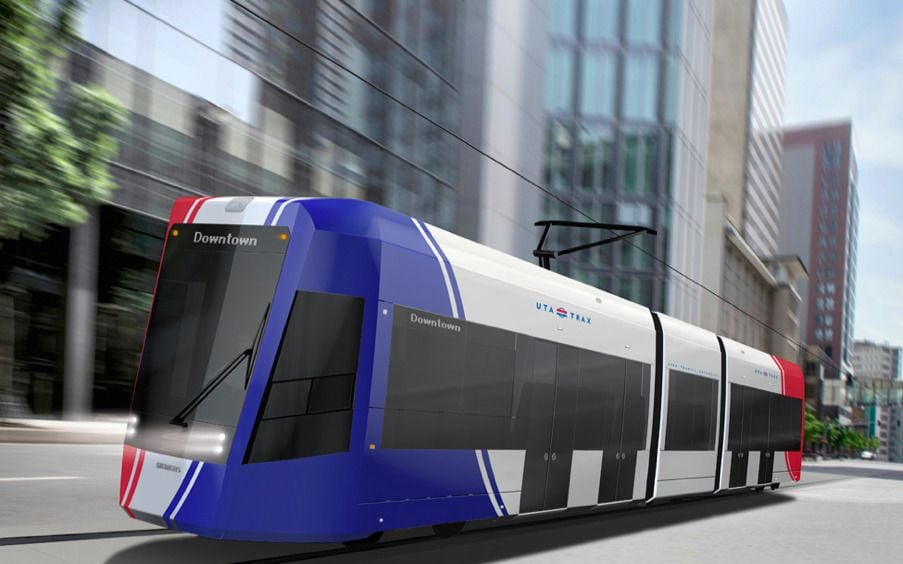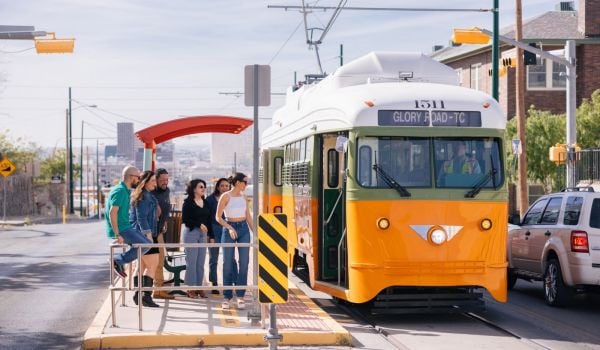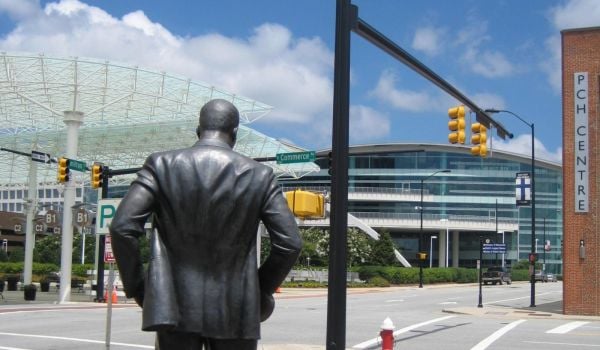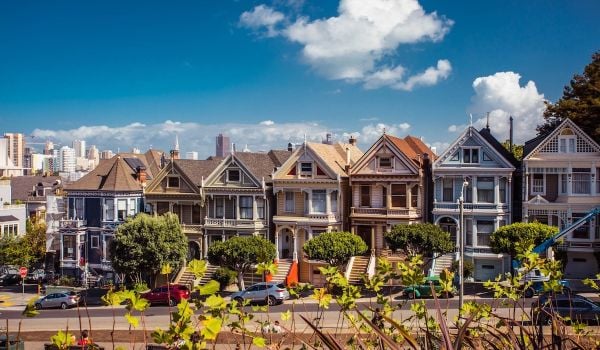Apart from its high-speed rail program, the Obama Administration’s most prominent transportation policy has been the financing of streetcar lines in inner cities across the country. After just two years, lines in Atlanta, Charlotte, Cincinnati, Dallas, Detroit, Fort Worth, New Orleans, Salt Lake City, St. Louis, and Tucson have been funded, representing perhaps the quickest expansion of public financing for any transportation mode in the history of the United States.
After last month’s elections, however, the program may come to an end. Republicans soon to head the House of Representatives have made apparent their interest in limiting transportation expenditures on modes other than the automobile. Unless they suddenly have a collective change in heart, this could mean an elimination of funding for the grant programs that have funded these projects, including Small Starts and TIGER (the latter was originally funded by the Stimulus).
The immediate result: The dreams dozens of American cities now have to create their own streetcar systems may have to be put on hold. For neighborhoods planning to connect their development and densification to better transit, this is a disappointing prospect.
Streetcars are a unique phenomenon in the transportation world, as they have been credited with the magical ability to revitalize inner city districts. For instance, as I have previously described, Detroit and New Orleans hope to use their new transit projects to regenerate sections of their inner cities and reconstruct their building stock. The connection between improved transportation and expanded development, however, has yet to be proven in places without strong local economies. Nor do they dramatically expand transit ridership.
The truth is that investments in streetcar lines are more about making a visible commitment to the renewal of urban space than they are about mobility. Indeed, the Obama Administration’s streetcar policy has focused on reinforcing the strength of neighborhood commercial districts that have suffered from years of disinvestment. The arrival of a new streetcar line indicates a strong interest in investing in public space, and it encourages local residents to see their respective neighborhoods as places that have a future. Fundamentally, streetcars represent a transportation-based federal commitment to inner-city needs. From this standpoint, they’re hard to discount.
Because the recent streetcars have been funded with majority federal funding, the precedent suggests that only with more money from Washington can local communities work to develop their networks. With the expected decline in federal transportation spending over the next year, especially with respects to transit, no more cities are likely to be added to that list of communities with new streetcar corridors.
Yet states and localities do have the ability to take advantage of their own tax bases to fund similar projects. In Northern Virginia, the City of Alexandria and Arlington County are each developing streetcar corridors — and each proposes to pay for them through local revenue. If the streetcar is a compelling-enough concept for other cities across the country, they could look to introduce similar funding streams.

Yonah Freemark is a senior research associate in the Metropolitan Housing and Communities Policy Center at the Urban Institute, where he is the research director of the Land Use Lab at Urban. His research focuses on the intersection of land use, affordable housing, transportation, and governance.



_600_350_80_s_c1.jpg)












